Optimal Timing for Trench Excavations
Understanding the optimal timing for trench excavations is essential for project planning and efficiency. Factors such as weather conditions, soil type, and project deadlines influence the best time to undertake excavation work. Proper timing can minimize delays, reduce costs, and ensure safety standards are met.
Spring and early fall are generally preferred due to moderate weather and stable soil conditions, reducing the risk of delays caused by extreme temperatures or wet ground.
Dry weather periods are optimal for trench excavations, as rain can cause soil instability and increase the risk of collapse or delays.
Frozen or overly wet soil can hinder excavation efforts. Timing should account for soil moisture levels to ensure safety and efficiency.
Scheduling trench work during periods with fewer construction overlaps can facilitate smoother project progress and resource allocation.
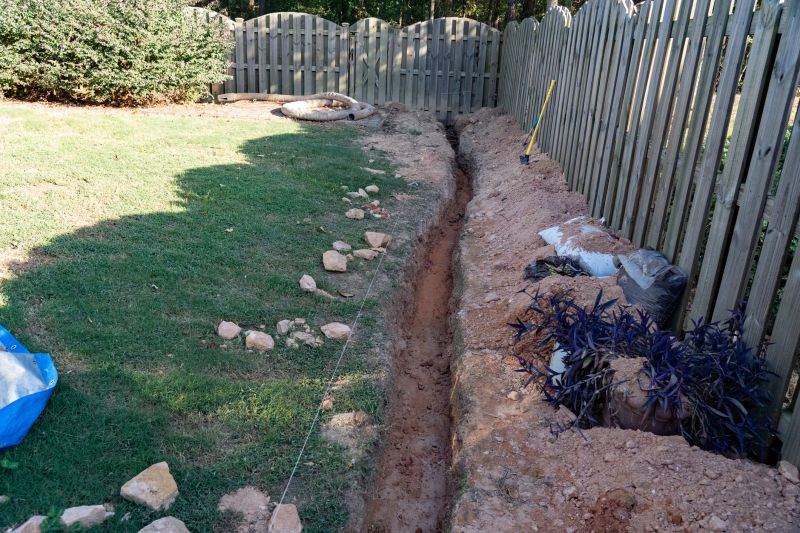
Ways to make Trench Excavations work in tight or awkward layouts.
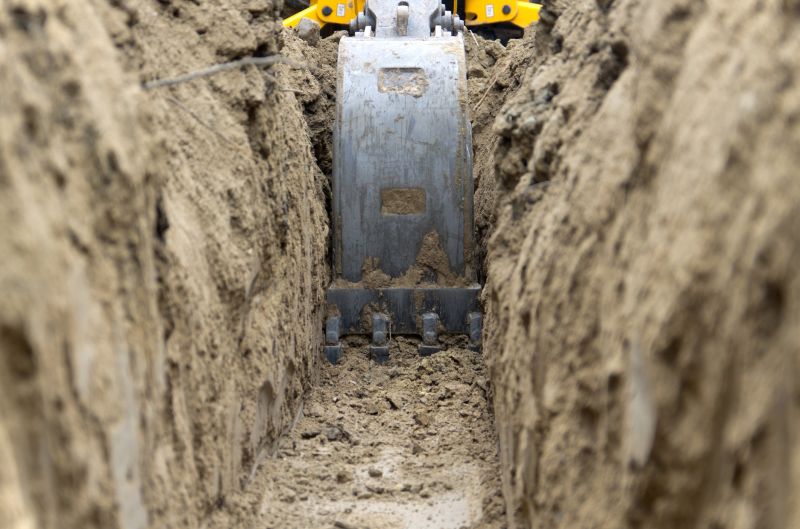
Popular materials for Trench Excavations and why they hold up over time.
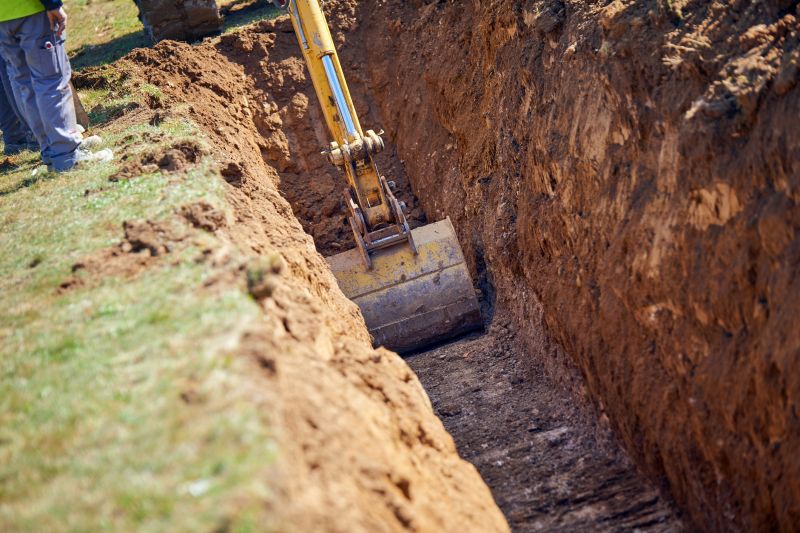
Simple add-ons that improve Trench Excavations without blowing the budget.
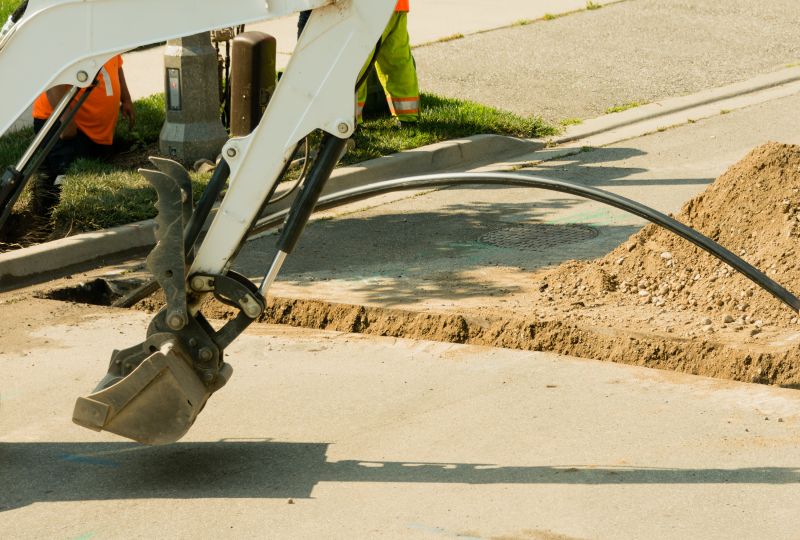
High-end options that actually feel worth it for Trench Excavations.
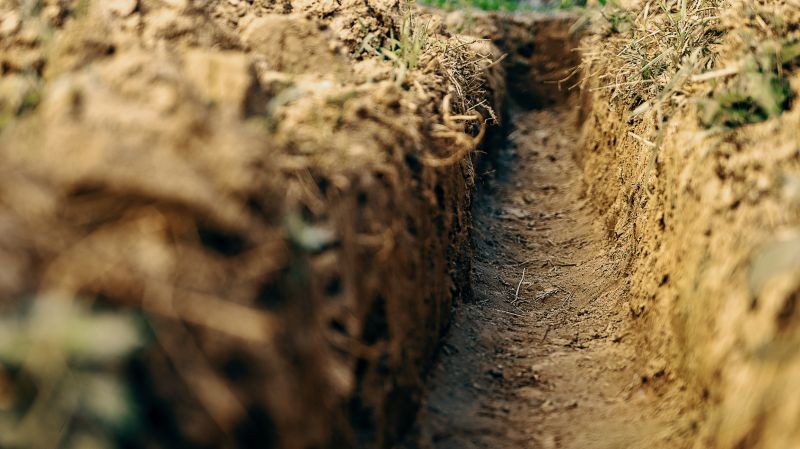
Finishes and colors that play nicely with Trench Excavations.
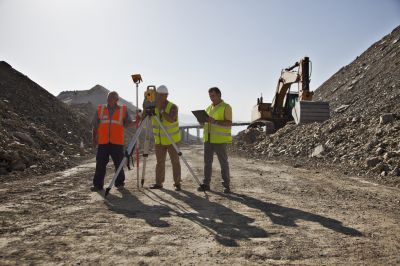
Little measurements that prevent headaches on Trench Excavations day.
Trench excavations are a fundamental component of construction and infrastructure projects. They involve digging narrow, deep channels in the ground to lay pipes, cables, or foundations. Proper planning and timing are crucial to ensure safety, minimize environmental impact, and adhere to project schedules.
Statistics indicate that scheduling excavations during favorable weather reduces project delays by up to 30%. Additionally, soil stability and weather conditions directly impact safety; wet or frozen ground increases the risk of collapses and accidents. Effective timing aligns with seasonal weather patterns to optimize resource use and project outcomes.
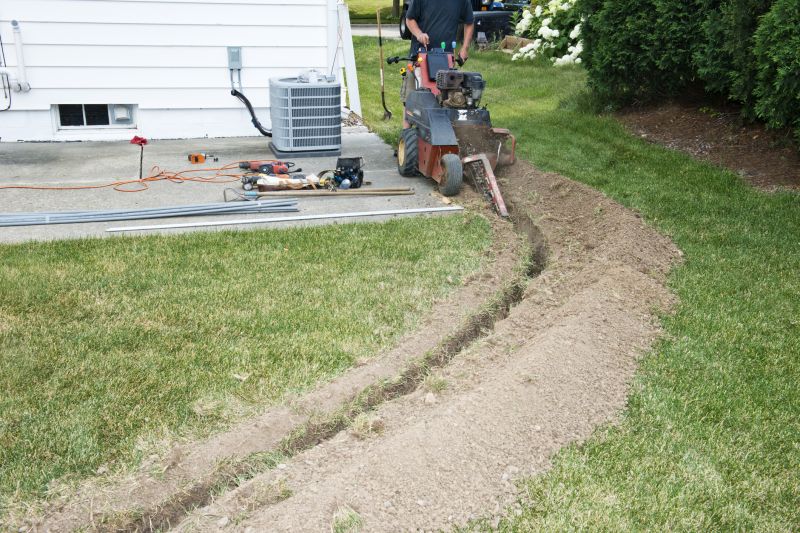
A 60-second routine that keeps Trench Excavations looking new.
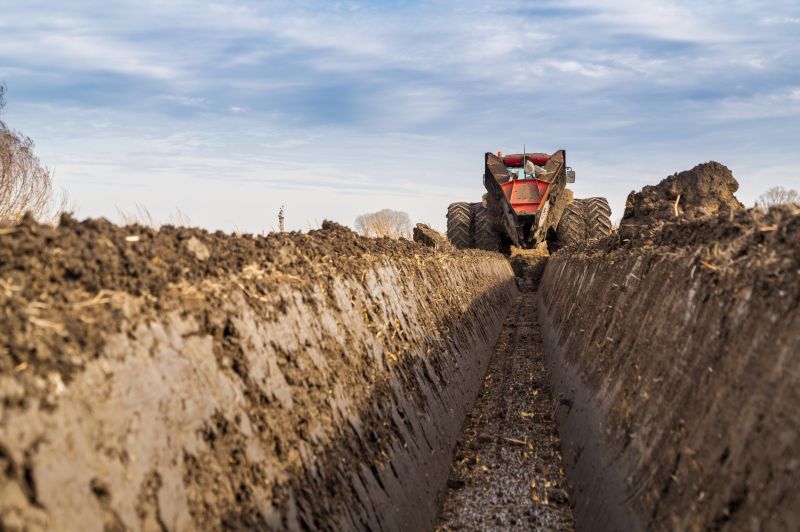
A frequent mistake in Trench Excavations and how to dodge it.
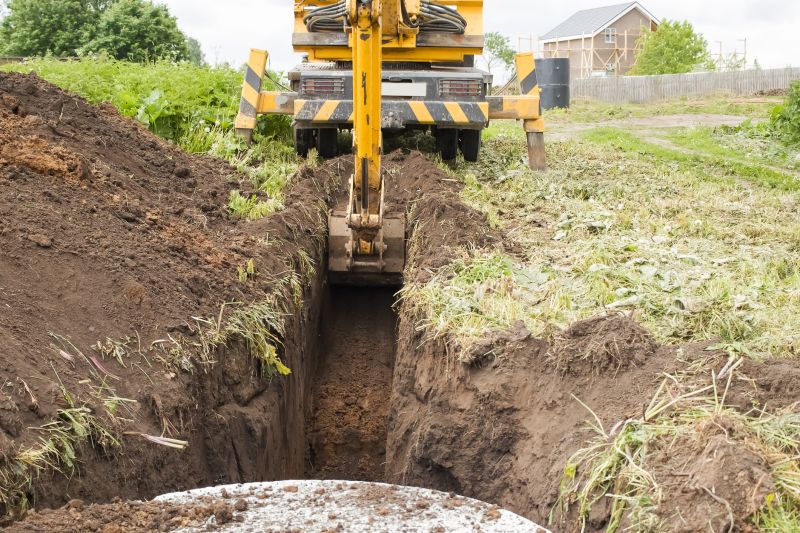
Small tweaks to make Trench Excavations safer and easier to use.
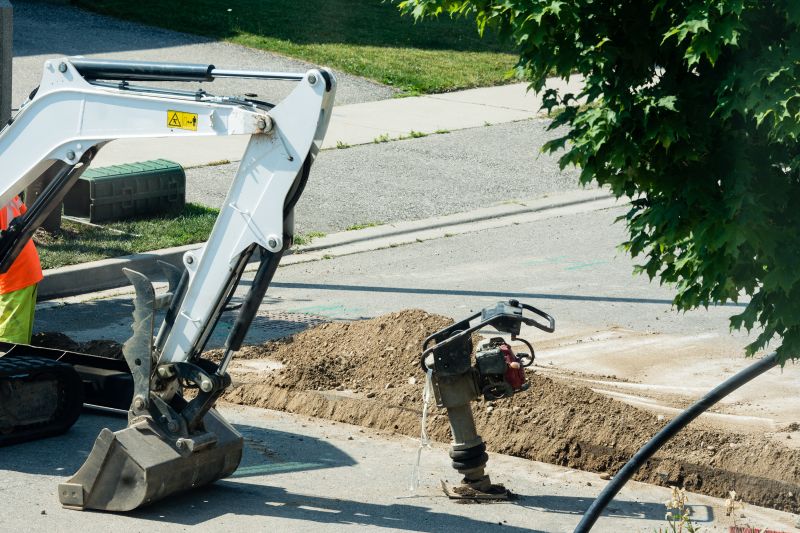
Lower-waste or water-saving choices for Trench Excavations.
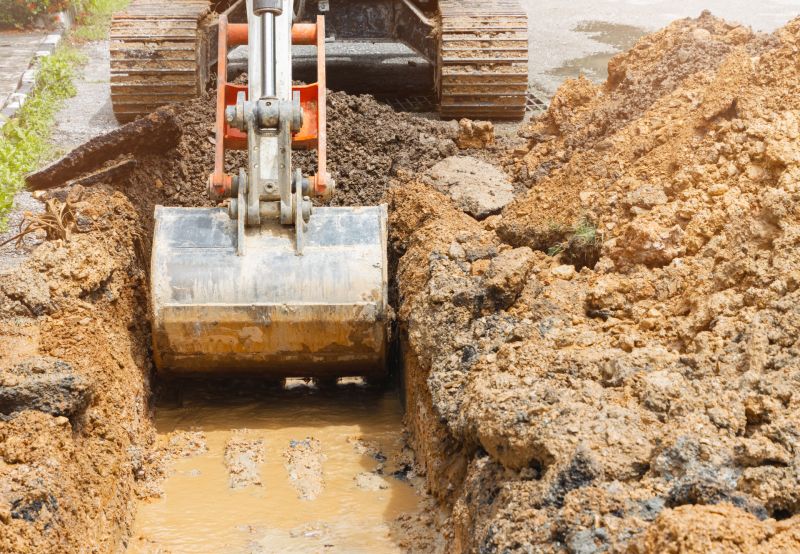
The short, realistic tool list for quality Trench Excavations.
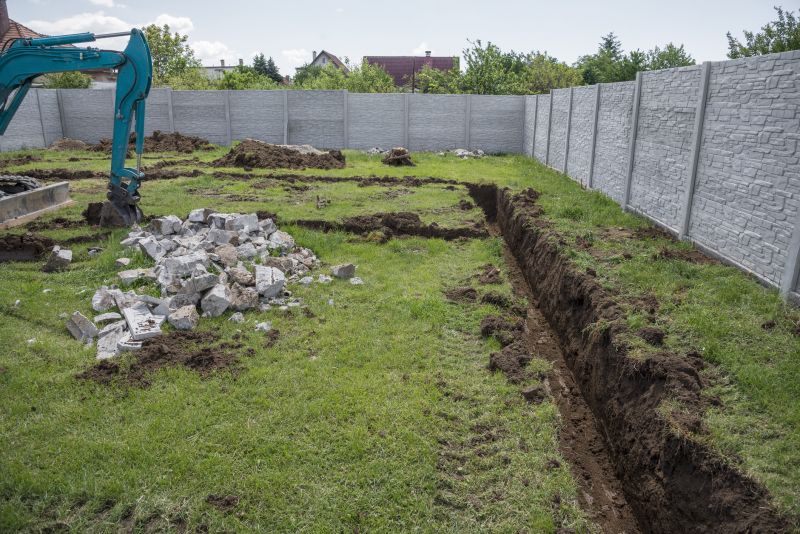
Rough timing from prep to clean-up for Trench Excavations.
| Aspect | Optimal Timing Factors |
|---|---|
| Weather Conditions | Dry, moderate temperatures |
| Soil State | Frozen or overly wet soil avoided |
| Project Schedule | Align with construction phases |
| Seasonality | Spring and early fall preferred |
| Environmental Risks | Avoid heavy storms or extreme weather |
Interested parties are encouraged to contact for detailed planning and scheduling of trench excavations. Proper timing ensures safety, efficiency, and adherence to project timelines, making it a critical aspect of successful construction projects.
